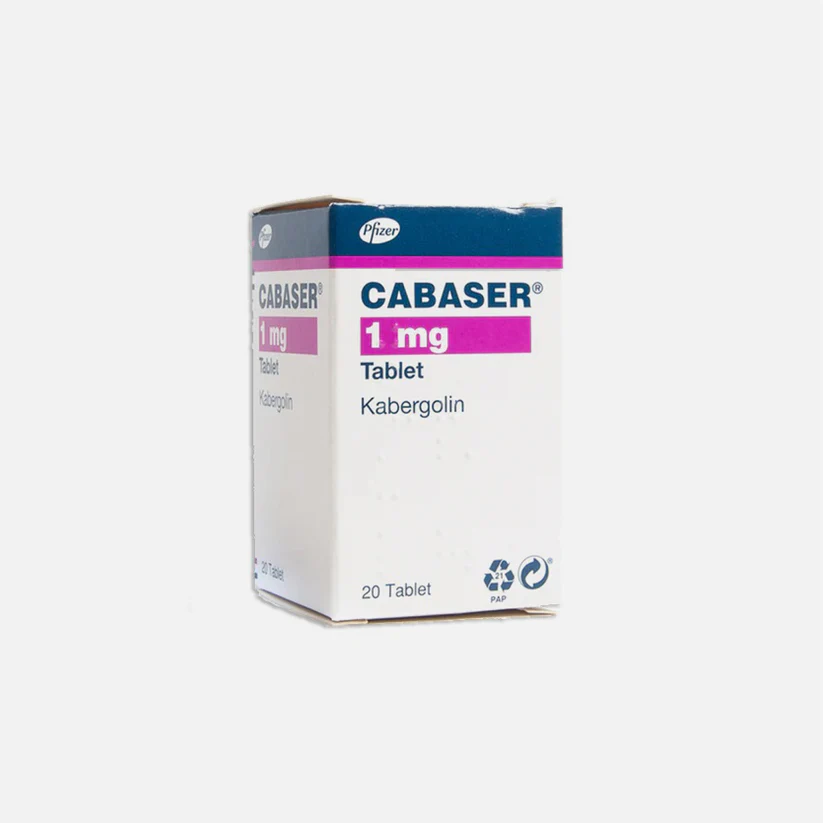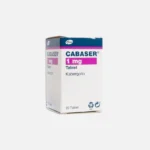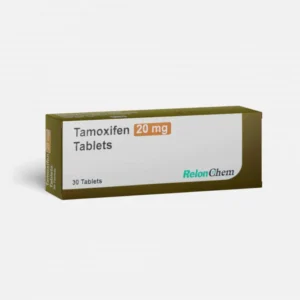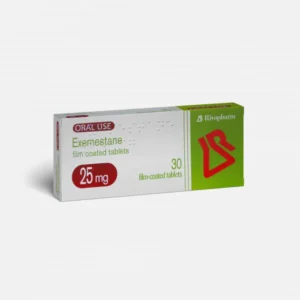Cabaser®, the brand name for cabergoline, is a synthetic dopamine agonist primarily used in the management of hyperprolactinemia, a condition characterized by elevated levels of prolactin in the blood. Developed in the 1990s, Cabaser® has become a key treatment option for various disorders associated with increased prolactin secretion, including prolactinomas (benign tumors of the pituitary gland that produce prolactin).
Mechanism of Action
Cabergoline acts by selectively stimulating dopamine D2 receptors in the pituitary gland. This stimulation inhibits prolactin secretion, effectively normalizing prolactin levels in individuals with hyperprolactinemia. By mimicking the action of dopamine, Cabaser® also regulates other hormonal functions, making it beneficial for a range of endocrine disorders.
Indications
Cabaser® is primarily indicated for:
- Hyperprolactinemia: It is used to treat conditions caused by excessive prolactin production, including:
- Prolactinomas: Benign tumors of the pituitary that lead to increased prolactin secretion.
- Idiopathic Hyperprolactinemia: Elevated prolactin levels without an identifiable cause.
- Menstrual Disorders: Cabaser® can help restore normal menstrual cycles in women experiencing irregular periods due to high prolactin levels.
- Galactorrhea: The drug is effective in reducing abnormal milk production in individuals not breastfeeding.
- Off-Label Uses: It is sometimes used in the management of Parkinson’s disease to enhance dopaminergic function, improving motor symptoms.
Dosage and Administration
Cabaser® is typically administered orally in tablet form. The usual starting dose is 0.5 mg per week, which can be gradually increased based on the patient’s response and tolerance. Doses may vary, with maximum recommended doses typically not exceeding 2 mg per week. It is important for patients to follow their healthcare provider’s instructions regarding dosage adjustments and scheduling.
Benefits
- Effective Prolactin Reduction: Cabaser® has been shown to significantly decrease prolactin levels, alleviating symptoms associated with hyperprolactinemia.
- Improved Quality of Life: By managing symptoms like galactorrhea and menstrual irregularities, Cabaser® can enhance the overall quality of life for patients.
- Well-Tolerated: Many patients tolerate Cabaser® well, with fewer side effects compared to older treatments for hyperprolactinemia.
Side Effects
While Cabaser® is generally well-accepted, it can cause some side effects, including:
- Nausea: Gastrointestinal discomfort is common, especially during the initial stages of treatment.
- Dizziness and Vertigo: Some patients may experience light-headedness.
- Fatigue: Tiredness or drowsiness can occur.
- Headaches: Headaches may be a common complaint.
- Cardiovascular Effects: In rare cases, it can lead to issues such as orthostatic hypotension (a drop in blood pressure upon standing).
Contraindications and Precautions
Cabaser® is contraindicated in individuals with a known hypersensitivity to cabergoline or any of its components. It should be used cautiously in patients with a history of cardiovascular disease, as it can affect blood pressure. Regular monitoring of prolactin levels and patient responses is essential to ensure effective and safe treatment.
Conclusion
Cabaser® is a valuable therapeutic option for managing hyperprolactinemia and related conditions. Its effectiveness in lowering prolactin levels and improving associated symptoms makes it a preferred choice among healthcare providers. As with any medication, close monitoring and communication with healthcare professionals are crucial to optimize treatment outcomes and minimize potential side effects.







Reviews
There are no reviews yet